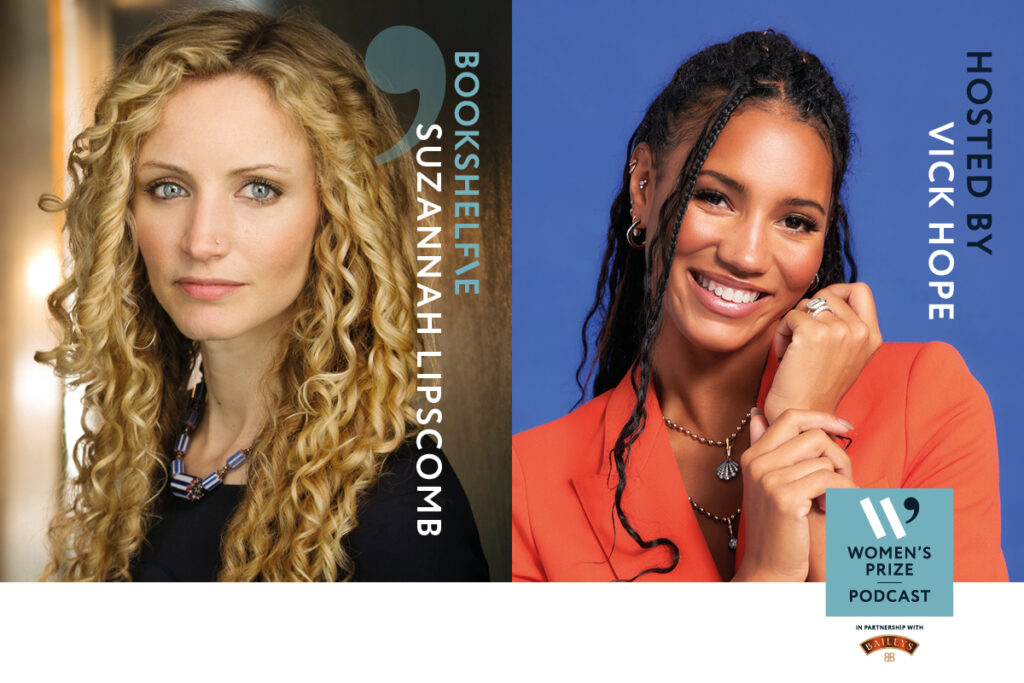We bring the podcast to our 2024 prize cycle this week as Vick Hope sits down to talk to historian, author, broadcaster and Chair of Judges for the 2024 Women’s Prize for Non-Fiction, Professor Suzannah Lipscomb.
Suzannah’s book choices spark compelling conversations around women in history, the importance of storytelling and how motherhood has always been a two handed job.
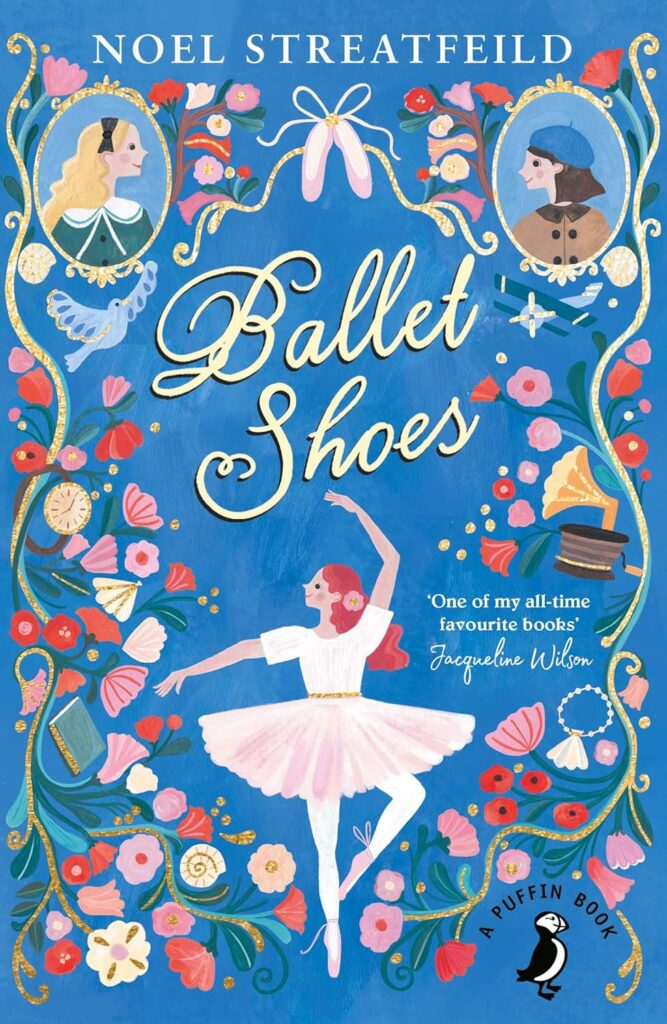
This copy of this book is only two years older than I am. I must have read this when I was eight or nine, or possibly it was read to me by my mother, my mother read to me and my brother each for an hour each night, which is extraordinary now that I have a child. So she read a lot to me.
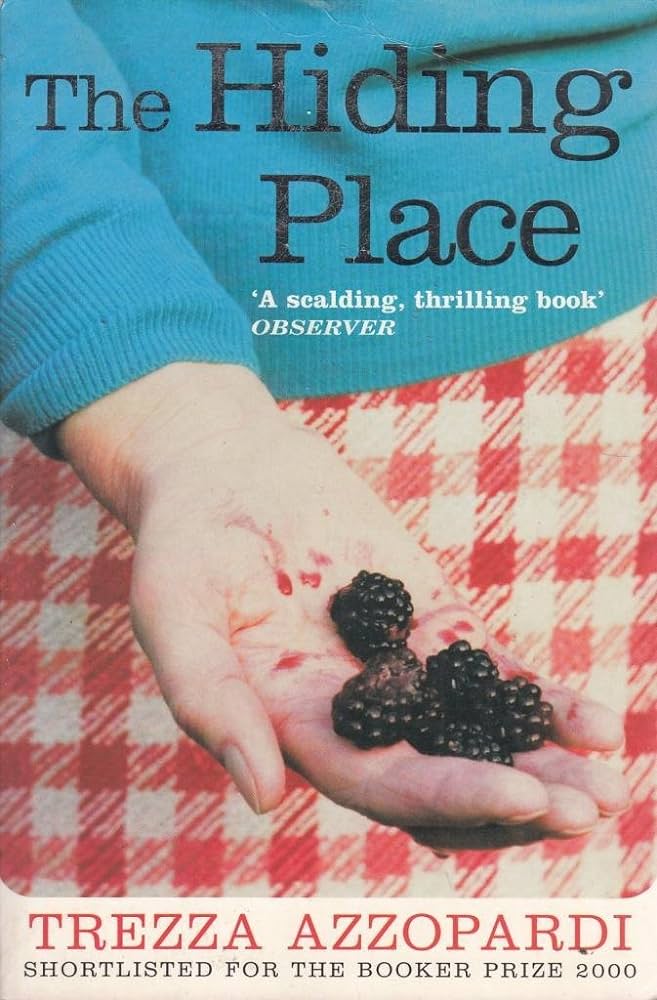
In Corrie ten Bloom’s work she shows you whilst you cannot change what happens to you externally, you always have a freedom to choose how you respond. And so much of the time we’re captives to our own minds. And once you’ve read about someone being resourceful and hopeful and compassionate in Ravensbruck, then you really just put things in perspective.
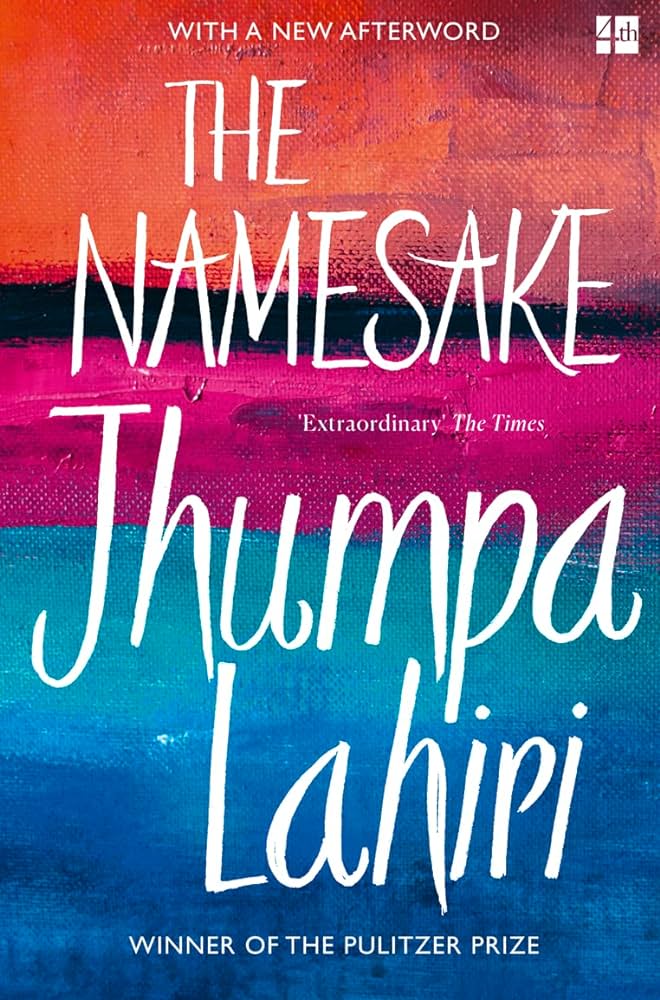
It’s a very beautiful novel. She was already known for the Interpreter of Maladies. When she published this was her first novel, as you said, I suppose it came at a time when I was reading a lot around India and the Indian diaspora. I had gone to India in my late teens and spent quite a bit of time there and had decided that that was where I was going to make my life and, you know, have my career.
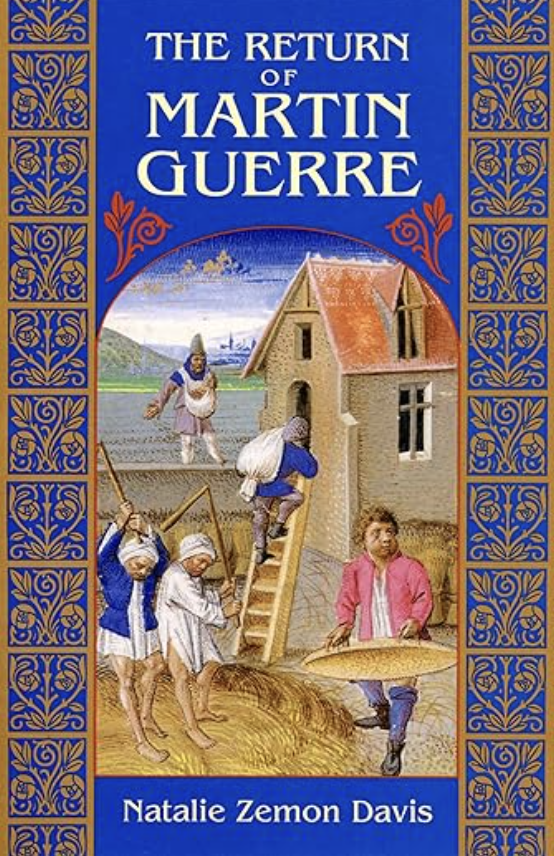
Natalie Zima Davis, who has recently died, was an astonishing scholar for changing the way we do history, particularly around the 16th century, 16th century France. And this is an amazing story of this imposter, who she had been asked to research for a film and then decided to try and get into those things that you can’t have in a film this sort of imaginative possibilities, that you can only put on a page and found the story of Martin Guerre.
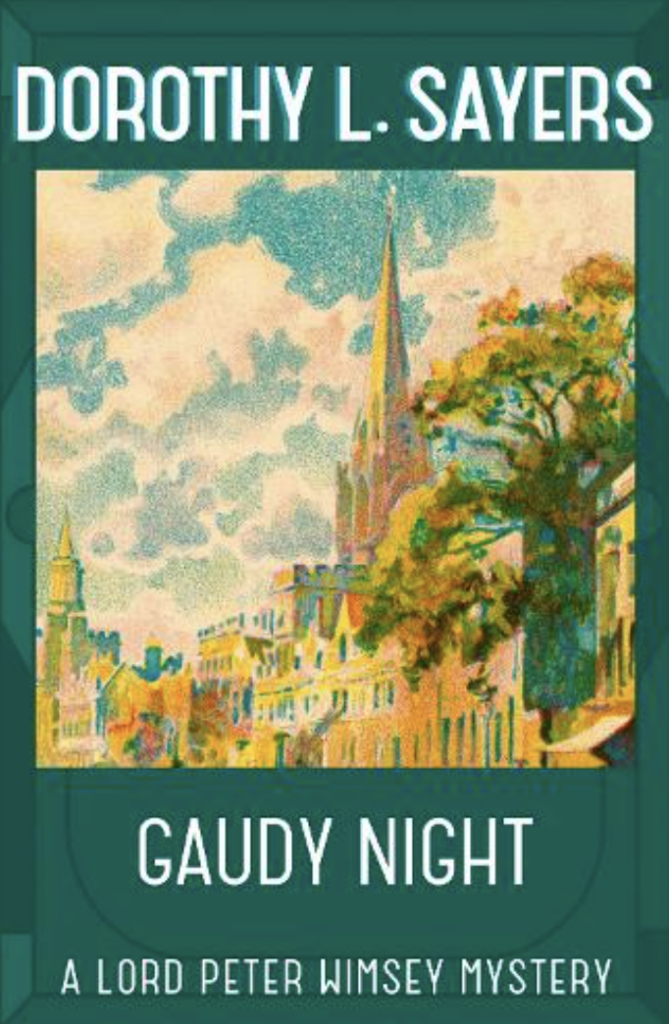
You have these books that you know are going to be amazing, you’re going to have wonderful experience with them. So that’s what Sayers’ books are. But they’re also so much more than that. I mean, they’re deeply clever. In that her characters are so learned. And yet, then you realise that she must be. But they’re very, very clever. They are laugh out loud funny. And this one is the best of the lot as far as I’m concerned.
